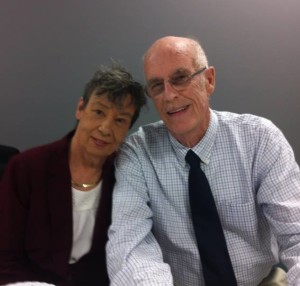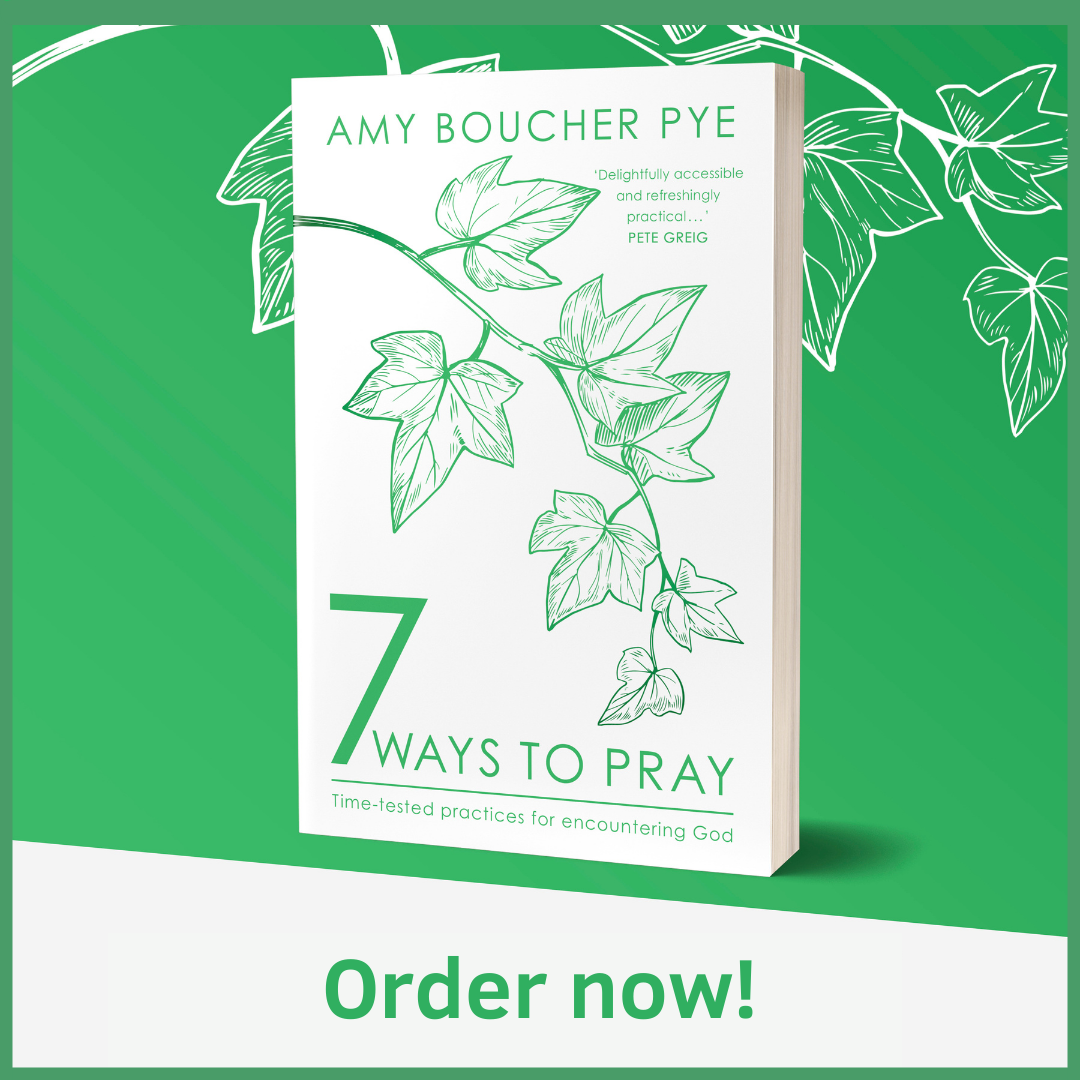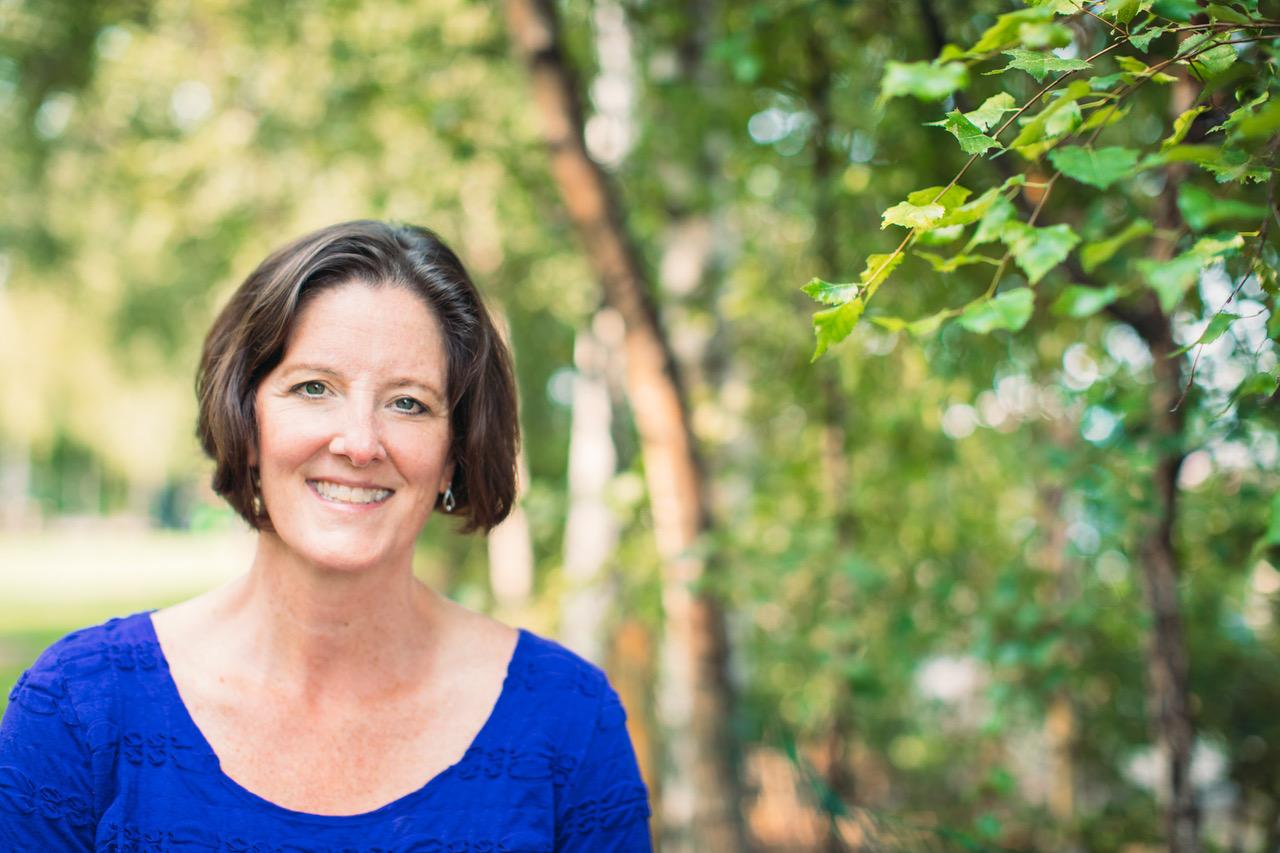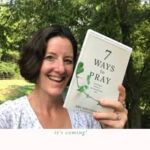The Meaning of Home by Katharine Swartz
I first heard of Katie Swartz from my then-fiancé who said excitedly, “A North American couple is joining Ridley, coming over on the QE2!” They arrived in Cambridge, where Nicholas was studying to become a vicar, a few months before we got married and I moved there as well. Life was new and different for us all, and Katie and I didn’t get to know each other terribly well – as she said in a joint interview for Woman Alive, she was “working four jobs and then pregnant and terribly nauseous.” She and her husband went on to have four more children after their first was born in Cambridge, when they lived in a flat with a narrow, round staircase separating the bedroom from the loo (a nightmare for a pregnant woman). Since then, the family has lived in the UK and back in the States and now in the UK again, and Katie all the while has been writing loads of wonderful novels. I love her Tales from Goswell series, the first of which, The Vicar’s Wife, intertwines a modern-day American-moved-to-England with a Victorian vicar’s wife.
Her addition to the “There’s No Place Like Home” series had me in tears.
After Amy asked me to contribute to her blog, I have been reflecting on what home means to me, and I realized that it has changed over the last few months. A little over four years ago my husband and I, along with our four children, moved from New York City to a small village in England’s Lake District, and what I felt was my ideal home: a two-hundred-year-old vicarage with eight bedrooms and plenty of space to practice Christian hospitality, a walled garden perfect for the vegetable plot I’d been longing for, and a warm and friendly village community I was eager to be a part of. I truly felt I’d come home.
For four years we enjoyed that home, entertaining often, planting a garden, and becoming valued members of our community. Looking back, I wonder if I was a bit smug about it all—I had everything I’d wanted. Then, quite suddenly, the school where my husband served as chaplain closed, his position was cut, and we were forced to move in a matter of months. That perfect home was taken away from us—making me reassess what really comprises a home.
We now live in rented accommodation in a village where I am slowly getting to know the residents, and my husband has a new job as a teacher—one he is very thankful for, but not the kind of position he ever expected to have. Everything feels very temporary and fragile—made more so by the fact that as the same time as all of this was happening, my dear father was diagnosed with terminal cancer. He is now in its last stages.
This all might sound rather grim, but there is a magnificent silver lining to it—and that is, as a Christian, I realize now more than ever that home is not a beautiful vicarage or a temporary house or even the prospect of having your family all around you, as we will this Christmas, my father’s last. For the Christian, home is heaven.
It hasn’t been easy to give up the things I have enjoyed and desired—the lovely house, the cooking range we saved up for, the walled garden I spent many hours on. Beyond those material things, I have missed the community we were part of and the church where we served. I dislike having my life feel temporary and uncertain, and yet it has all been such a valuable lesson to me, because isn’t all of life uncertain?
The Bible tells us this world is fleeting. Over the last few months I have been reminded of the parable of the rich fool who stored his crops in big barns, only to have his life taken away from him that very night, and I have wondered if I had been doing the same.
In the Western world it is so easy and tempting to yearn after material goods. For the Christian this might not be a flashy sports car or something similar, but merely a comfortable home, a place to raise your family and offer hospitality—none of those are bad things to desire. But I am constantly asking myself: where is my heart? Where is my hope?
As my world has crumbled and changed, I have the deep and abiding joy that it is with Christ, in heaven, where God promises: ‘Never again will they hunger; never again will they thirst. The sun will not beat upon them, nor any scorching heat. For the Lamb at the center of the throne will be their shepherd; he will lead them to springs of living water. And God will wipe away every tear from their eyes.’ (Revelation 7:16-17)
This Christmas, as you enjoy the many blessings of the season that God has granted you, I encourage you to reflect on the true meaning of Advent in looking forward to Christ’s return, and the hope of heaven that believers may all hold onto now.
After spending three years as a diehard New Yorker, and four years in the Lake District, Katharine Swartz now lives in the Cotswolds with her husband, their five children, and a golden retriever. She writes women’s fiction as well as contemporary romance under the name Kate Hewitt, and whatever the genre she enjoys delivering a compelling and intensely emotional story. Her latest is The Lost Garden.











 Hello!
Hello! 

Four children plus 200 year old gorgeous home in the Lake District sounds like my dream life, the one I never had., alas 😉
But nothing is forever, as you say. Coping with loss of home, career and income – on top of having dependents – is tremendously challenging and stressful, not to mention the sadness of letting go of our beloved parents. But times of transition can be very profound and lead us to a deeper faith.
Thank you for pointing us to our eternal home.